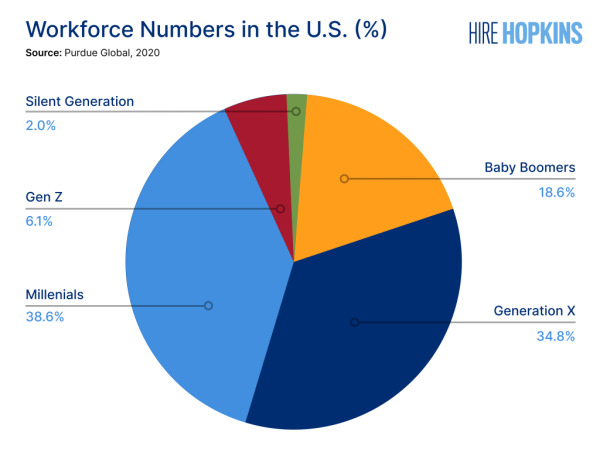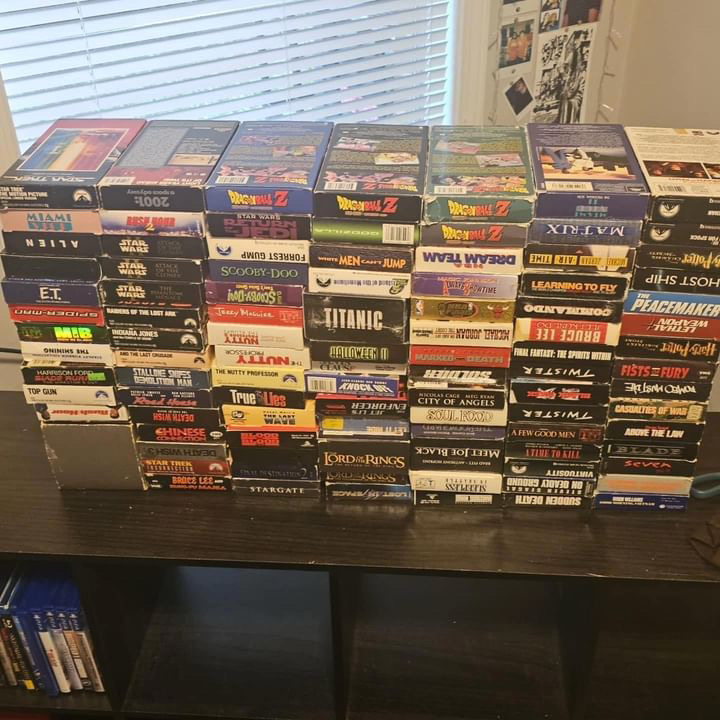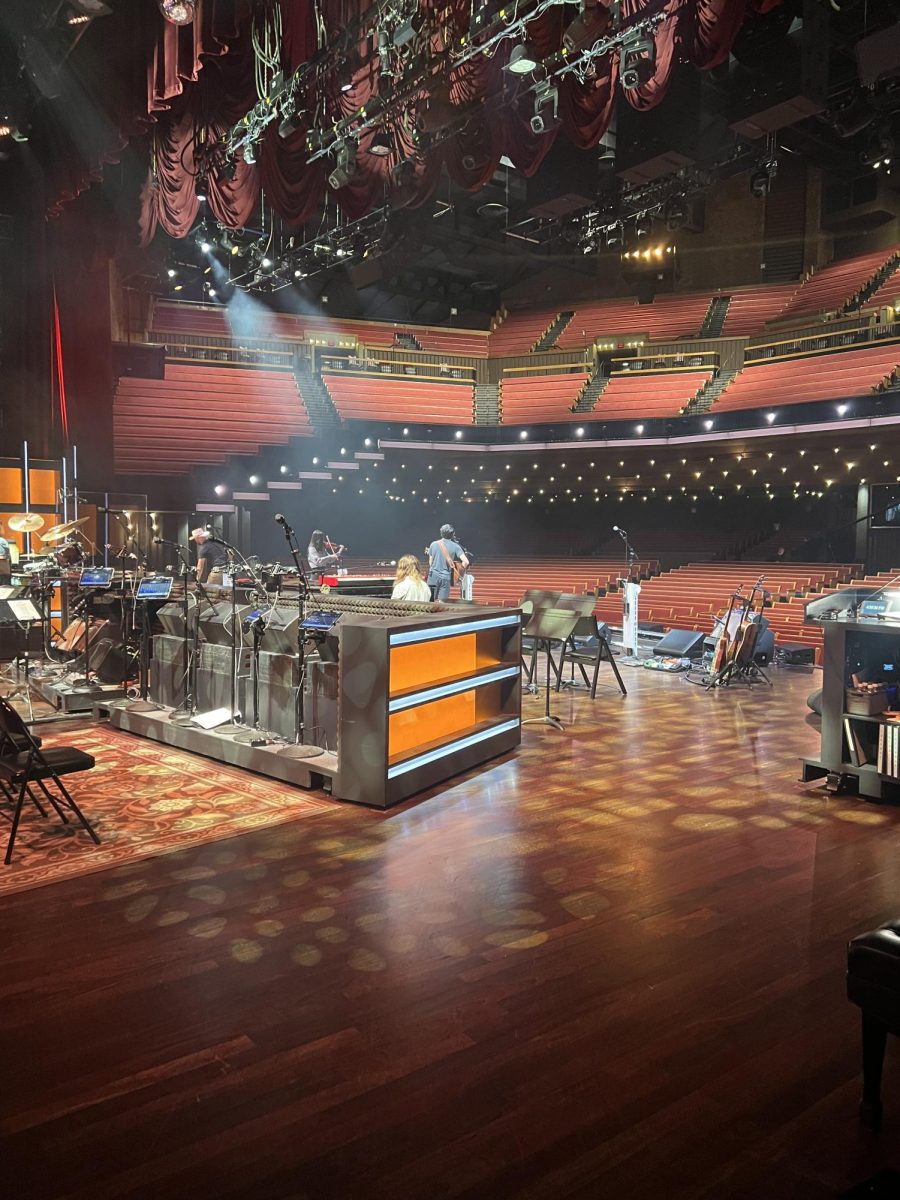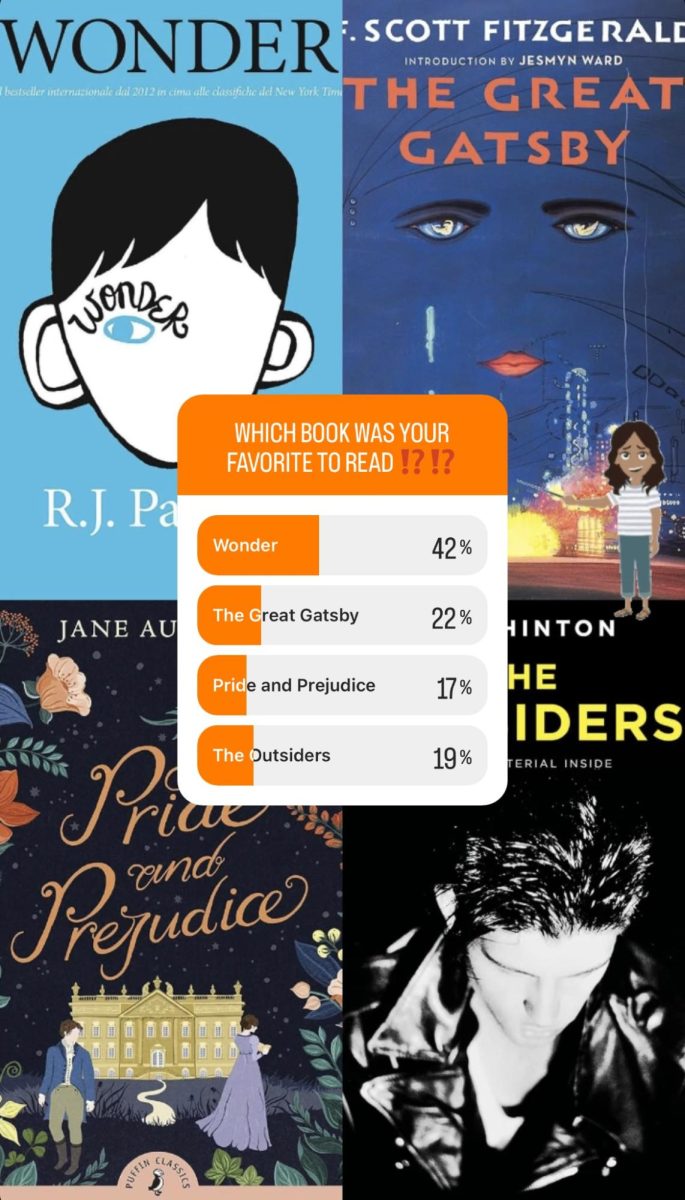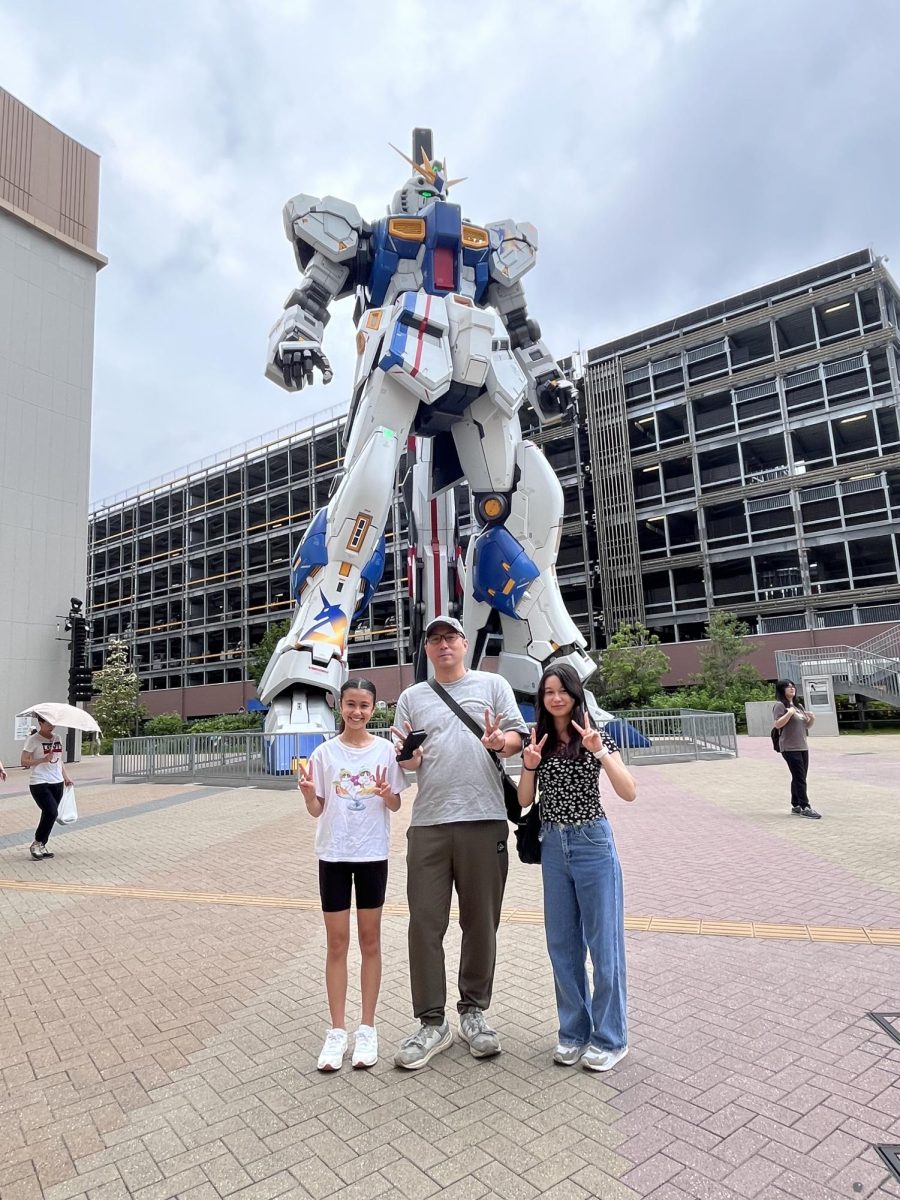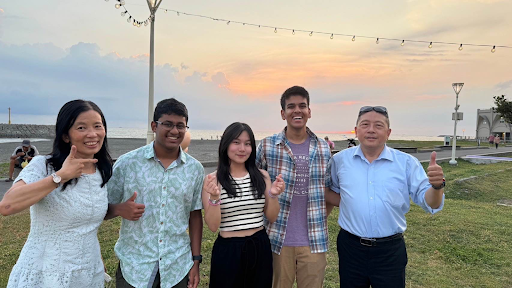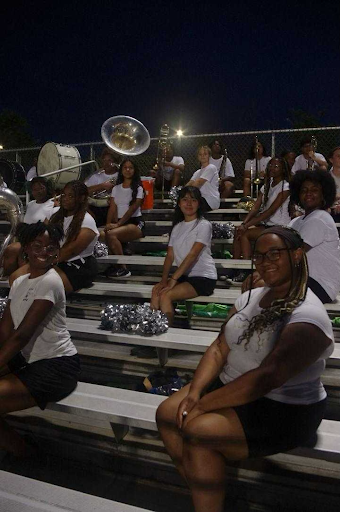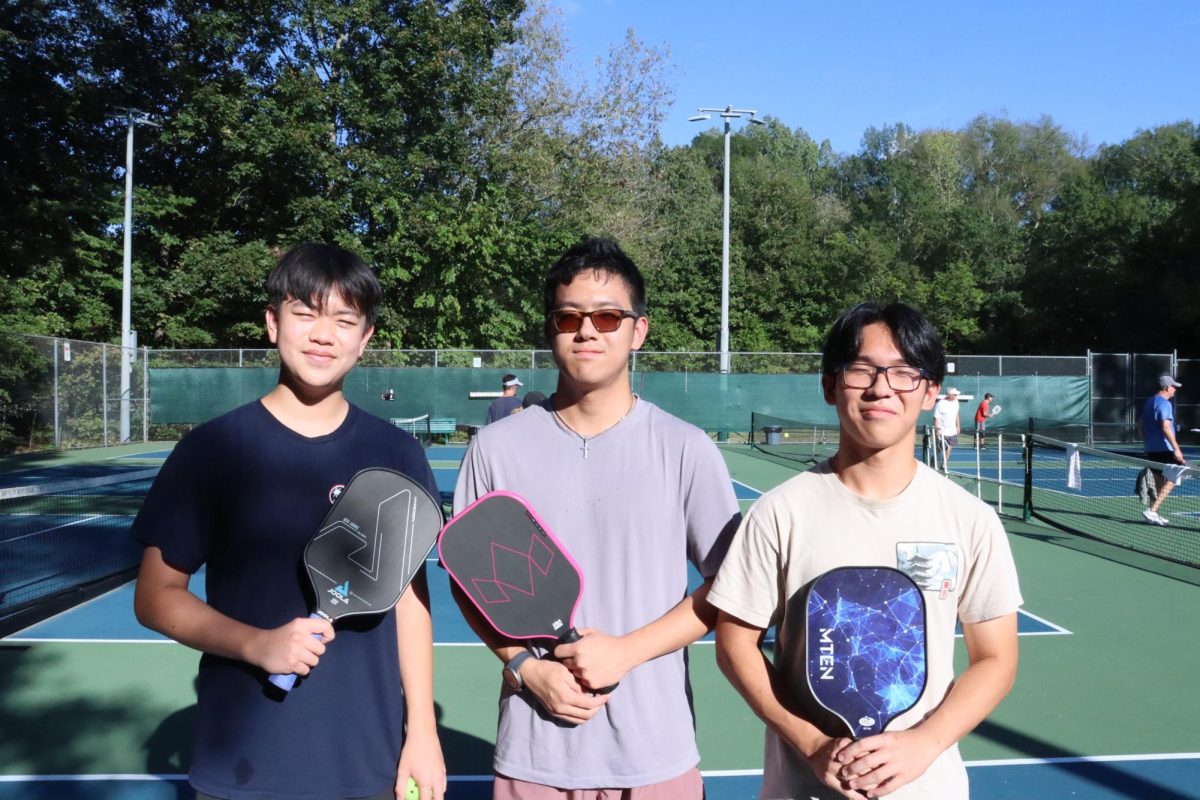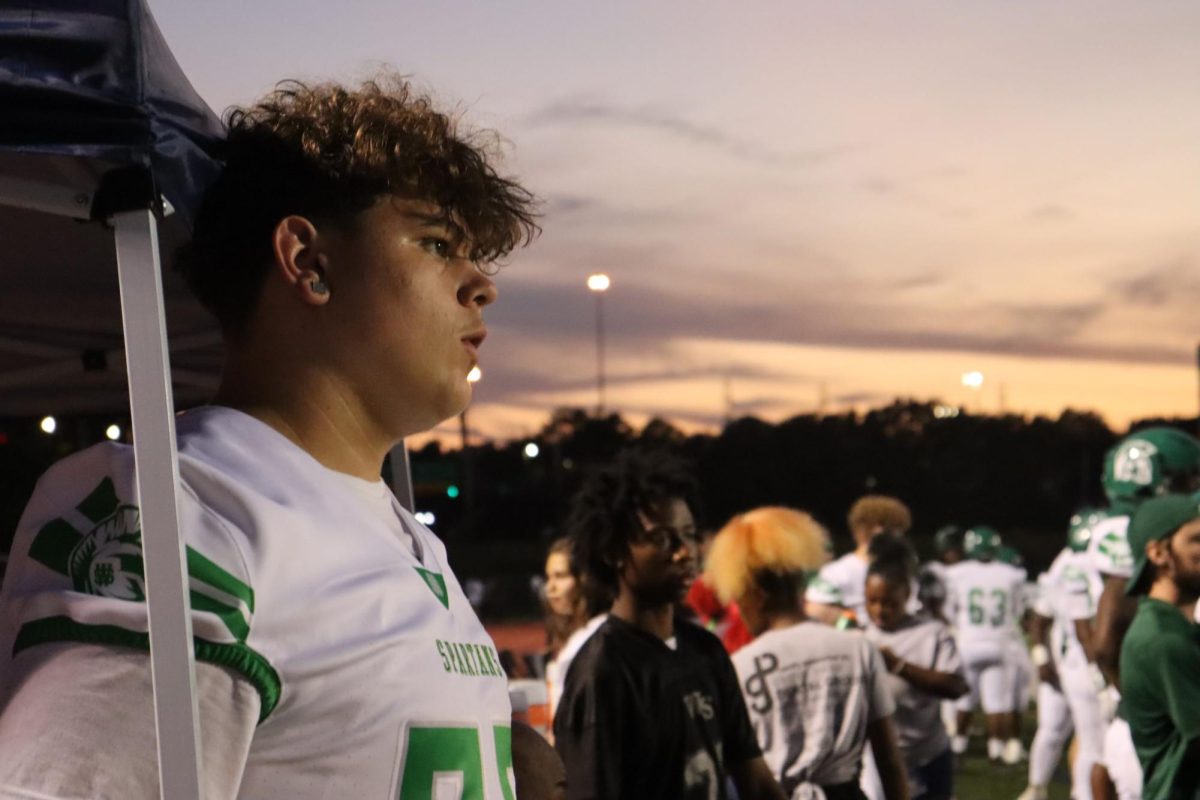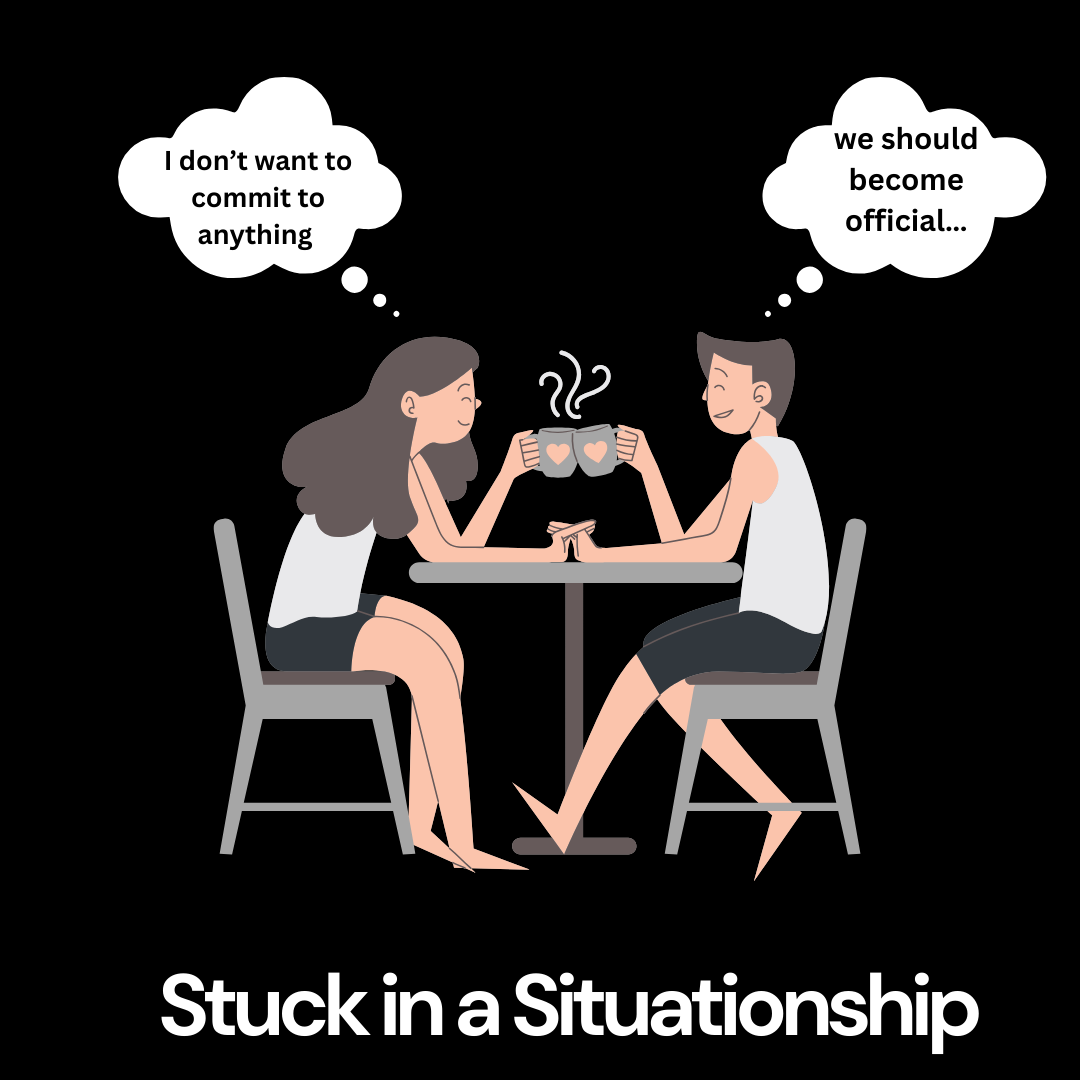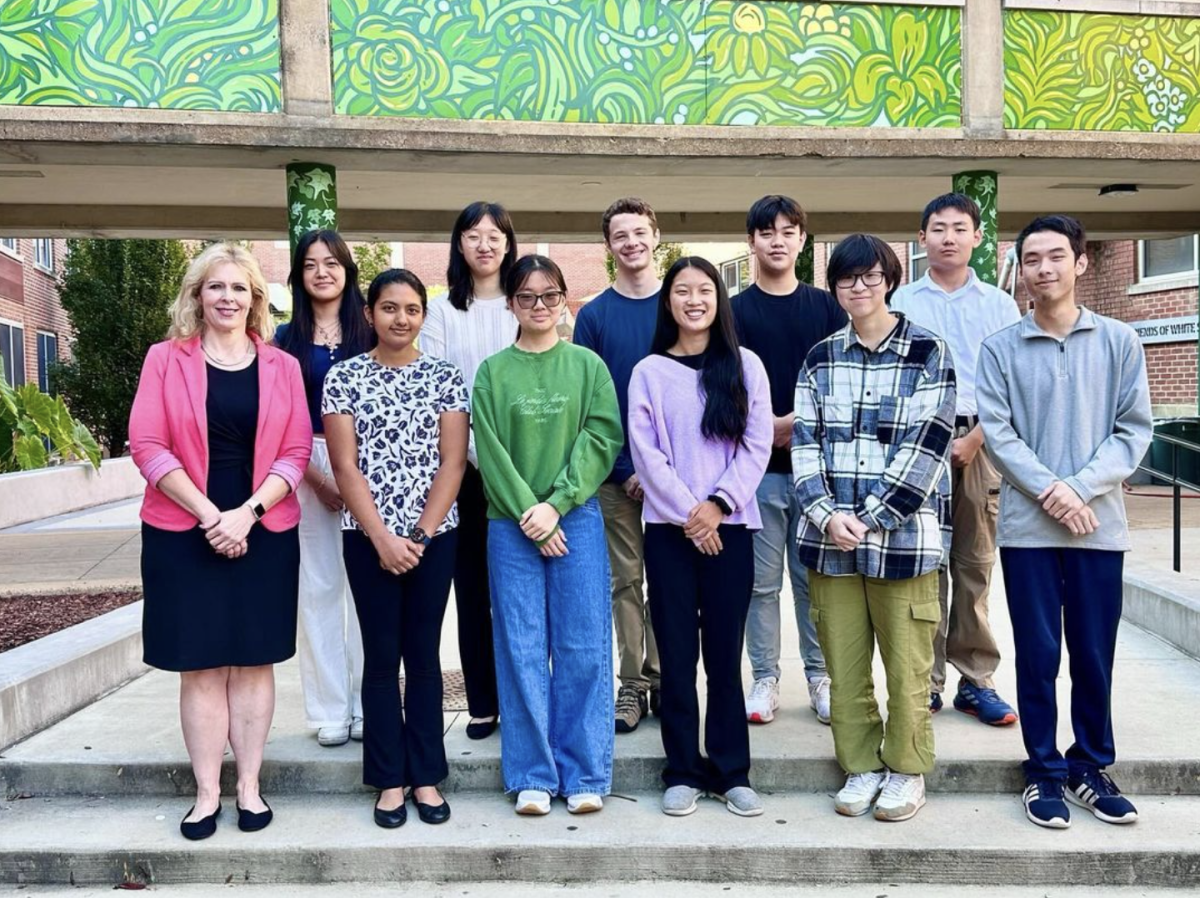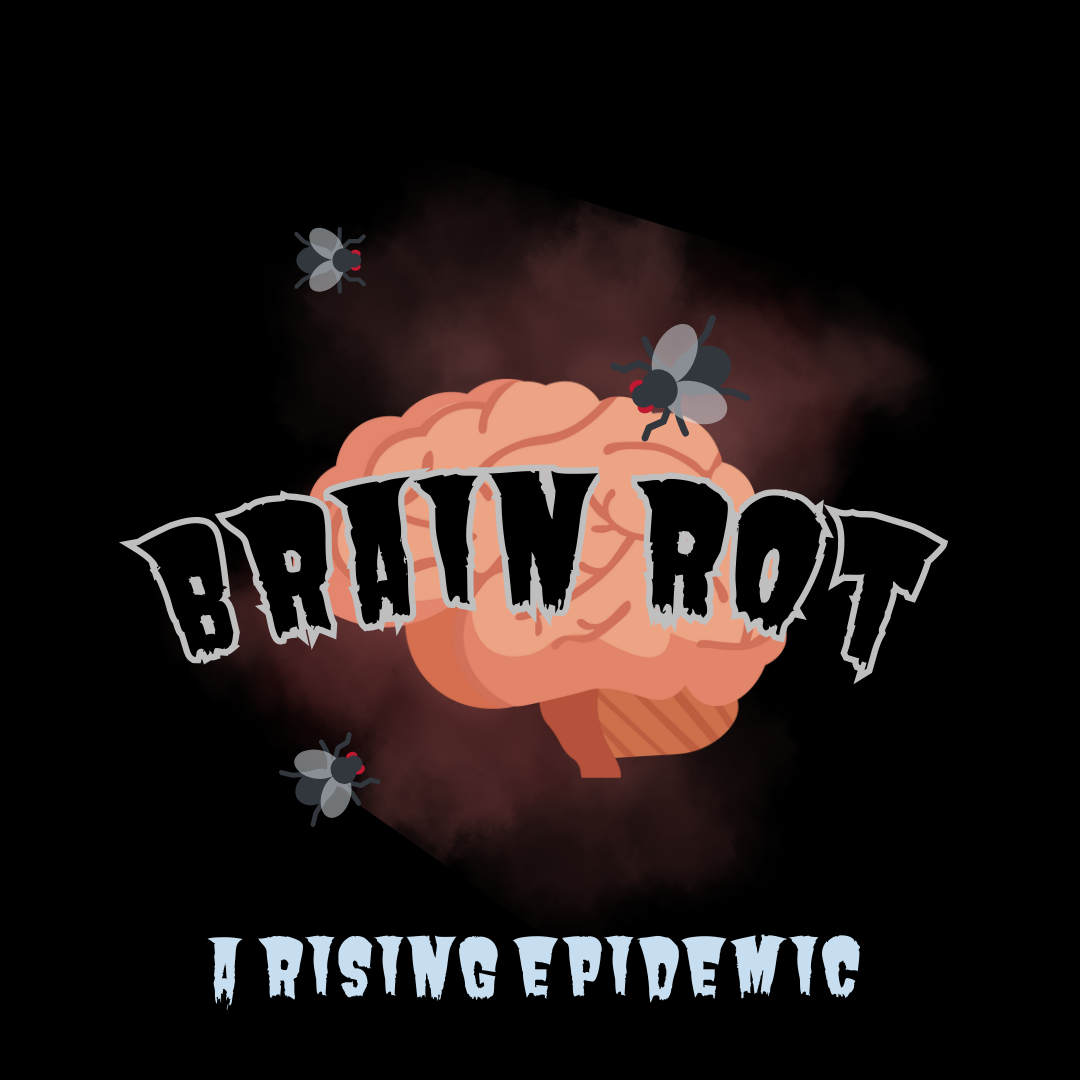Whether it is to wear a white coat as a doctor, dazzle under the spotlight as a pop singer or sit in a three-walled cubicle of a corporate nine-to-five job, many envision different lives for themselves post-graduation. As more of Generation Z (Gen Z) throw their graduation caps to the side, they begin to wonder how they will change the current landscape of the workforce.
Although there are debates about the exact years when Gen Z began, many consider their origin to be the introduction of the internet and cell phones into American households, which places those born to this generation between 1997 and 2010. In contrast, Generation X, which generally starts from the mid-1960s to 1980, is characterized as being more independent and has the desire to find the perfect balance between work and life.
“[Generation X] were the first to grow up with limited parental monitoring,” Mark Harris, AP Computer Science and online personal finance teacher, said. “When I say that, I go back to a [common phrase], ‘latchkey kid’ … I went to a neighborhood school; I would walk to school or get a ride from my father and drive to school. When you get out of school, you came home, and there was a key, usually under a mat, to that house because your parents both work.”
Unlike previous generations, the advent of the internet and the transition from manual labor to touchscreen devices were pivotal moments in time because it allowed many to have access to mass amounts of information and a connection to the rest of their world while altering different aspects of daily life such as education, work and leisure.
“I think [Gen Z] see things on the internet [and] they … try to emulate that same activity,” Harris said. “I am a laid back teacher, and I see more students trying things with me, like saying things to me that shouldn’t be said at school. I think it’s trying to get that shock factor, you know, and they do things [and] say something crazy or whatever … They try to get you to go ‘oh my gosh’ but I’ve seen it so much online that it doesn’t faze me, but [for] some teachers it does, I mean around here, it does.”
In contrast, Edgar Gomez, a Spanish II teacher born on the cusp of Millennials and Gen Z, believes that compared to previous generations, Gen Z is prioritizing self-care and discussions around mental health.
“[Gen Z] are more aware of how they should be and how they should be feeling,” Gomez said. “If they’re not okay, they’re not okay … You have previous generations that tend to push [their emotions] down their throats, and they don’t even express themselves. With Gen Z, they are more, I don’t want to say emotional [or sensitive], but they are more attuned to what they are feeling.”
Growing up in the age of the internet, in addition to more conversations around mental health and self-care, people like Harris attribute Gen Z’s heightened awareness surrounding social issues to access to diverse perspectives from things like social media.
“This generation, I think, is much more aware of your surroundings, like your rights as a teenager,” Harris said. “Students that are [from the LGBTQ community] know that certain people can’t say this to them … or know what teachers to go to for help. Back then, you couldn’t do that. I think this generation has become [more] smarter on social issues, as supposed to previous generations … You guys experienced a lot in your short life that [previous generations] haven’t, but our experiences are a lot different than yours because of not having technology.”
Unlike Generation X or previous generations, Gen Z might be less reluctant to follow traditional workplace culture as there is a heavier emphasis on flexibility, inclusivity and autonomy, which may not align with rigid hierarchical structures.
“I’m pretty sure [Gen Z] is smart enough to not put up with any corporate or rigorous, intensive labor,” Gomez said. “They know what they are worth, and they are not going to sit there and waste your time … so I feel like it is going to be a challenge to retain Gen Z workers coming into the workforce because [Gen Z] are not in that mentality of ‘work, work hard, work’ because at the end of the day, [Gen Z] are too smart.”
